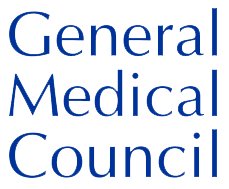Undergraduate entry
The competition for 1st-year entry is low-medium, and European medical universities generally have higher acceptance rates of 50% and above.
Medical education in Europe in English is 6 years long. It is divided into 3 years of theoretical studies and 3 years of practical training in university hospitals. Students earn a Doctor of Medicine (MD) degree upon graduation. This degree will be recognised worldwide, enabling you to practice medicine wherever you like.
International students are usually placed in small groups of about 10 people. The main benefit here is that smaller groups allow for easier professor-student communication and closer connections with teachers.
Graduate entry route
Europe also offers a graduate pathway to medicine. Bachelor’s and Master’s degree holders who have finished their science/healthcare degrees can apply for accelerated medicine taught in English.
Depending on your previous degree, this route allows entry into the 2nd or 3rd year of the undergraduate medical course, hence graduating and earning your degree sooner.
At this time, this option is only available in Georgia and Poland, and the acceptance rate is above 60%.

















